All clients joining the Anew Community will spend their first five (5) days in orientation at our clinical residential home. During this time of settling in, the client and family will attend a variety of meetings designed to gather information needed to establish the initial treatment plan and determine the most suitable level of care. Please click below for a detailed list of the orientation program components.
For clients entering the Clinical Residential Program, this is considered the foundational stage of treatment where the focus rests on stabilizing and establishing one’s basic physiological and psychological needs. Our Licensed Behavioral Residential Facilities (LBRFs) offer a home-like atmosphere and provide 24-hour staff support. All clinical programming occurs on-site to best support adjustment and stability.
Within this warm and quiet environment, clients are guided through their everyday activities in way that is supportive and educational. Individual care plans are established around activities of daily living (medication stabilization, hygiene, meals, etc.), any pending or emergent physical needs (medical, sleep disturbance, nutrition, etc.), containment of safety-reducing behaviors (emotional escalation or self-injury, etc.), and healthy social engagement.
Clinical services at this stage of care consist of six (6) hours of daily clinical programming Mon-Fri and four (4) hours collectively over the weekend comprised of group, individual, family psychotherapy sessions. Psychiatry sessions and other support services as determined by the client’s care team (co-occurring case management, academic/vocational support, structured individualized support, etc.) also take place on-site.
Finally, this stage of care includes establishing a readiness plan for transitioning to our next level of care: Transitional Residential Support. A client’s ability and willingness to engage in their individual care plan, tend to daily living tasks with reduced prompting, maintain compliance with medication and health regimens, and engage cooperatively with their peers are some of the indicators that suggest progression and readiness.

Let’s Grow Together